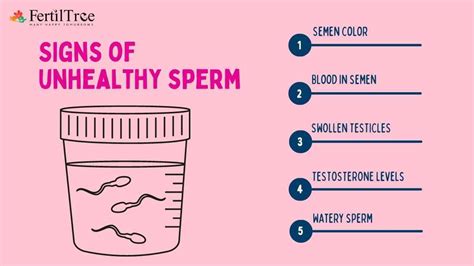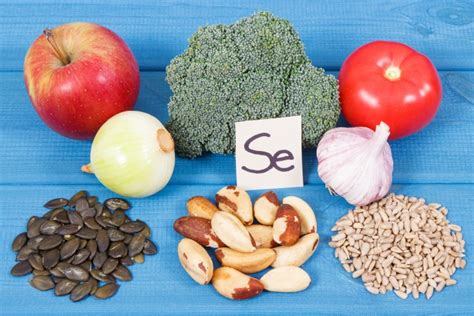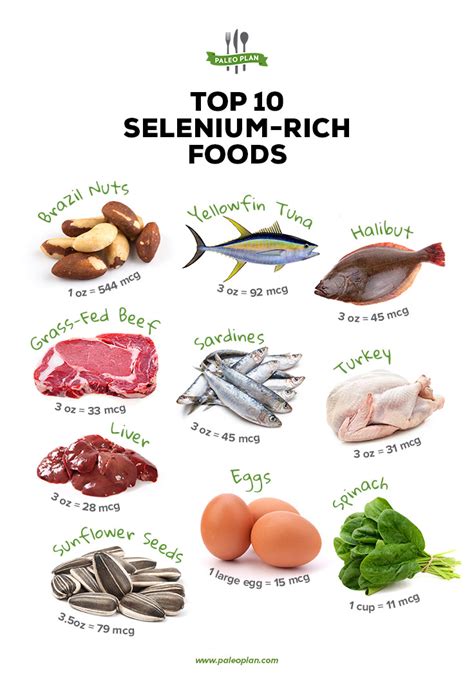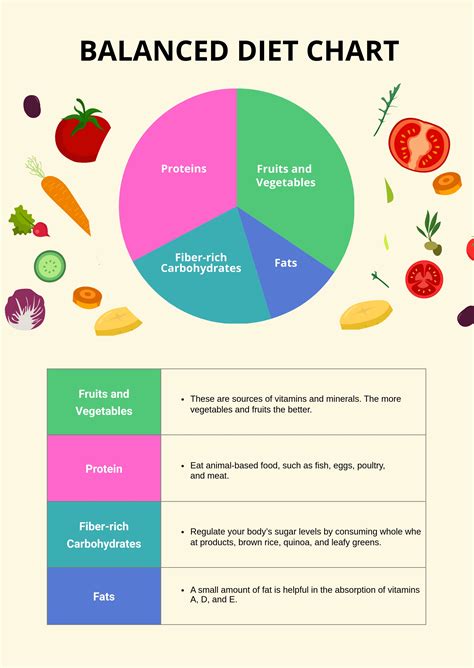How do the dietary needs for selenium specifically differ for men compared to women, especially concerning prostate health and sperm quality?

Understanding Selenium: An Essential Trace Mineral
Selenium is a vital trace mineral that plays a crucial role in numerous bodily functions, acting as a powerful antioxidant and contributing to immune system health, thyroid function, and DNA synthesis. While essential for everyone, the nuances of selenium’s impact on male versus female health, particularly concerning prostate health and sperm quality in men, warrant a closer examination of dietary needs and specific considerations.

Selenium’s Critical Role in Male Health
For men, selenium’s importance extends significantly to reproductive and prostate health. Its antioxidant properties are paramount in protecting cells from oxidative damage, a factor implicated in various chronic diseases and age-related decline.
Prostate Health and Selenium
The prostate gland, a key component of the male reproductive system, is particularly susceptible to oxidative stress. Selenium contributes to prostate health by supporting antioxidant enzymes that neutralize free radicals. Research suggests an association between adequate selenium intake and a reduced risk of prostate cancer, though more extensive studies are ongoing. Selenium-containing proteins (selenoproteins) are highly concentrated in the prostate, underscoring its specific role in the gland’s normal function and protection against disease.
Sperm Quality and Male Fertility
Selenium is indispensable for optimal sperm production, motility, and morphology. It’s a critical component of selenoproteins found in sperm, which help protect sperm from oxidative damage during their development and journey. Oxidative stress can impair sperm function, leading to reduced motility and increased DNA fragmentation, both of which negatively impact male fertility. Adequate selenium levels are thus directly linked to maintaining robust sperm quality and supporting successful conception.

Selenium’s Importance for Women’s Health
While the focus on prostate and sperm quality is unique to men, selenium remains equally vital for women’s overall health. It plays a significant role in thyroid hormone metabolism, which impacts energy levels, metabolism, and mood. For women, sufficient selenium intake supports a healthy immune system and protects against oxidative stress throughout the body. During pregnancy, selenium is crucial for fetal development and maternal health, though the recommended intake slightly increases to support these additional physiological demands.

Differences in Dietary Needs and Implications
The Recommended Dietary Allowance (RDA) for selenium for adult men and non-pregnant, non-lactating women is generally the same, typically around 55 micrograms (mcg) per day. However, for pregnant and lactating women, the RDA increases slightly to accommodate the needs of the developing fetus or infant.
The primary difference in “needs” isn’t necessarily in the baseline daily intake amount, but rather in the consequences of inadequate intake related to sex-specific physiological functions. For men, maintaining this adequate intake is particularly critical given selenium’s direct involvement in prostate health and the viability of sperm. While women also benefit from selenium’s antioxidant and thyroid-supporting roles, the specific reproductive health concerns (prostate cancer, sperm quality) tied to selenium deficiency are unique to the male physiology.

Dietary Sources and Considerations
Selenium can be readily obtained through a balanced diet. Excellent sources include Brazil nuts (which are exceptionally high and should be consumed in moderation), seafood (tuna, cod, shrimp), meats (beef, poultry), eggs, and whole grains. The selenium content in plant-based foods can vary significantly depending on the mineral content of the soil where they were grown.
While deficiency is uncommon in developed countries with diverse diets, certain groups, such as those with gastrointestinal disorders or restrictive diets, may be at higher risk. Conversely, excessive intake of selenium, primarily from over-supplementation, can be toxic, leading to conditions like selenosis. It is always advisable to meet nutrient needs through diet first and consult a healthcare professional before taking supplements.

Conclusion
While both men and women require adequate selenium intake for general health, men have unique physiological needs related to prostate health and sperm quality that make sufficient selenium particularly vital for their reproductive well-being. Understanding these sex-specific implications underscores the importance of a balanced diet rich in selenium for men, even when their general recommended daily intake aligns with that of adult women. Prioritizing selenium-rich foods can contribute significantly to long-term health for both sexes, with distinct benefits tailored to their unique biological functions.








